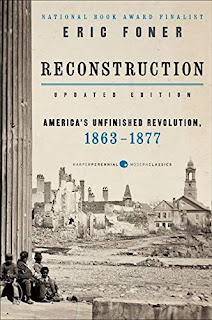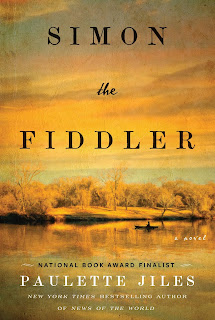Freedom by Sebastian Junger ** (of 4) and last post here

This is my last post at this website. To continue to receive very occasional posts about books and breads, please sign up at ericpallant.com on the blogs page. Junger takes a walk along the railroad tracks from somewhere in eastern Pennsylvania to somewhere in the western part of the state, near Ohio. It is illegal to hike, camp, or otherwise mess with American railroads so Junger treats the adventure a lot like a war story, for which he is already famous from previous writings. Townies in rural PA are mostly threatening, gun toting, and unpredictable. Railroad cops could be looking out from anywhere. So long as he remains unseen, however, his friends, his loyal dog, and he are free in a very Thoreau-vian sense . Four men with nothing more than what they can carry evade a lot of people, cook over secretive open fires, drink from passing streams, hide at night in the brush, and cope with offensive rains. Between wonderfully evocative pastoral descriptions of forests and looming r




